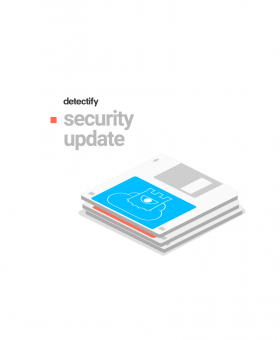How to Create Incident Response Plan Steps for Data Breaches
An estimated 34 percent of companies have experienced data breaches in the last 12 months. With those odds, every organization should be prioritizing cyber security and cyber attack management. Take the time now to put together a data breach incident response plan utilizing these steps, so if your organization is affected, you’ll be able to respond as quickly and effectively as possible. Here are some key steps the plan you create should include.









